Exploring the Benefits of Crypto NFT Marketplaces and Unleashing the Value of Digital Assets
Blur: NFT | Blur: NFT login | Blur: NFT connect | WalletConnect | Traders | What Is Blur Crypto
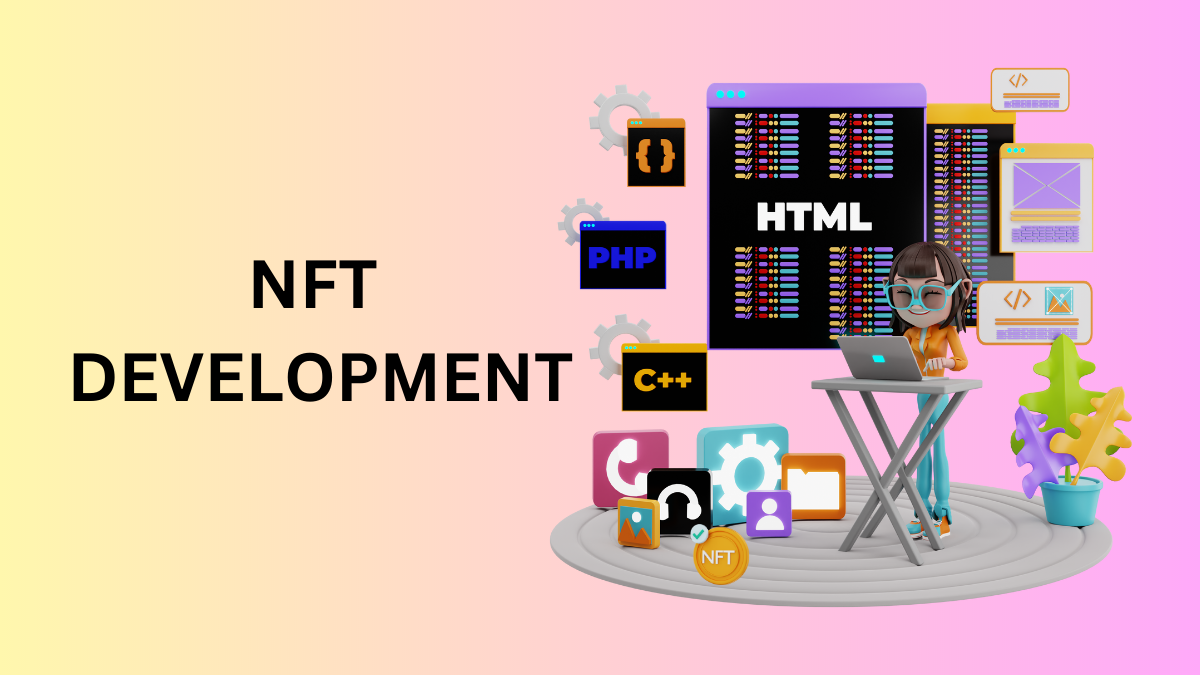
Blur: NFT | Blur: NFT login | Blur: NFT connect | WalletConnect | Traders | What Is Blur Crypto
In recent years, the rise of cryptocurrencies and blockchain technology has revolutionized the way we think about and interact with digital assets. One of the most exciting developments in this space is the emergence of Non-Fungible Tokens (NFTs), which have rapidly gained popularity and opened up new opportunities for creators and collectors alike. NFTs represent ownership of a unique digital item, such as artwork, music, or virtual real estate, and are creating a whole new market for digital assets.
One of the key advantages of crypto NFT marketplaces is the ability to unlock the value of these digital assets. Unlike traditional markets, where ownership and provenance of digital works are often difficult to verify, NFTs provide a transparent and immutable record of ownership on the blockchain. This means that creators can prove the authenticity of their works and collectors can have confidence in the provenance and scarcity of the items they are buying.
Another advantage of NFT marketplaces is the ability to access a global audience. With traditional art and collectibles markets, there can be high barriers to entry, such as the need for physical gallery space or connections within the industry. In contrast, NFT marketplaces provide a platform for anyone to buy, sell, and trade digital assets, regardless of their location or background. This opens up new opportunities for artists and collectors from all around the world to connect and collaborate.
Furthermore, NFT marketplaces are enabling new revenue streams for creators. Through the use of smart contracts, artists can ensure that they receive royalties each time their NFT is resold. This allows creators to continue benefiting financially from the success of their work, even after the initial sale. Additionally, NFT marketplaces often provide tools for creators to easily upload and sell their works, reducing the need for intermediaries and increasing their control over the distribution of their assets.
In conclusion, crypto NFT marketplaces are revolutionizing the way we think about and interact with digital assets. They provide transparency, accessibility, and new revenue opportunities for both creators and collectors. As this market continues to evolve and mature, we can expect to see even more innovative uses of NFTs and exciting opportunities for artists and collectors in the digital space.
Unlocking the Value of Digital Assets
As the digital world continues to evolve, so does the concept of digital assets. With the rise of cryptocurrencies and blockchain technology, new opportunities have emerged for individuals and businesses to create, own, and trade digital assets. These digital assets can take various forms, such as artwork, music, collectibles, and more.
One of the most interesting developments in the digital assets space is the emergence of crypto NFT marketplaces. NFTs, or non-fungible tokens, are unique digital assets that are bought, sold, and traded on blockchain networks. They have gained popularity due to their ability to provide provenance, scarcity, and ownership of digital content.
One such marketplace that has gained attention is BLUR.IO. This platform allows users to mint, sell, and buy NFTs, unlocking the value of their digital assets. The process of getting started on BLUR.IO is simple:
2.
Connect your digital wallet to the platform to enable transactions.
3.
Upload your digital assets, such as artwork or music, to be minted as NFTs.
4.
Set a price and list your NFTs for sale on the marketplace.
5.
Once sold, you will receive payment in cryptocurrency directly to your connected wallet.
By utilizing crypto NFT marketplaces like BLUR.IO, individuals and businesses can unlock the value of their digital assets. These platforms provide a decentralized and transparent way to buy, sell, and trade digital content, making it accessible to a global audience. Additionally, the scarcity and provenance provided by NFTs add value and uniqueness to digital assets, leading to new opportunities for creators and collectors alike.
Exploring the Advantages of Crypto NFT Marketplaces
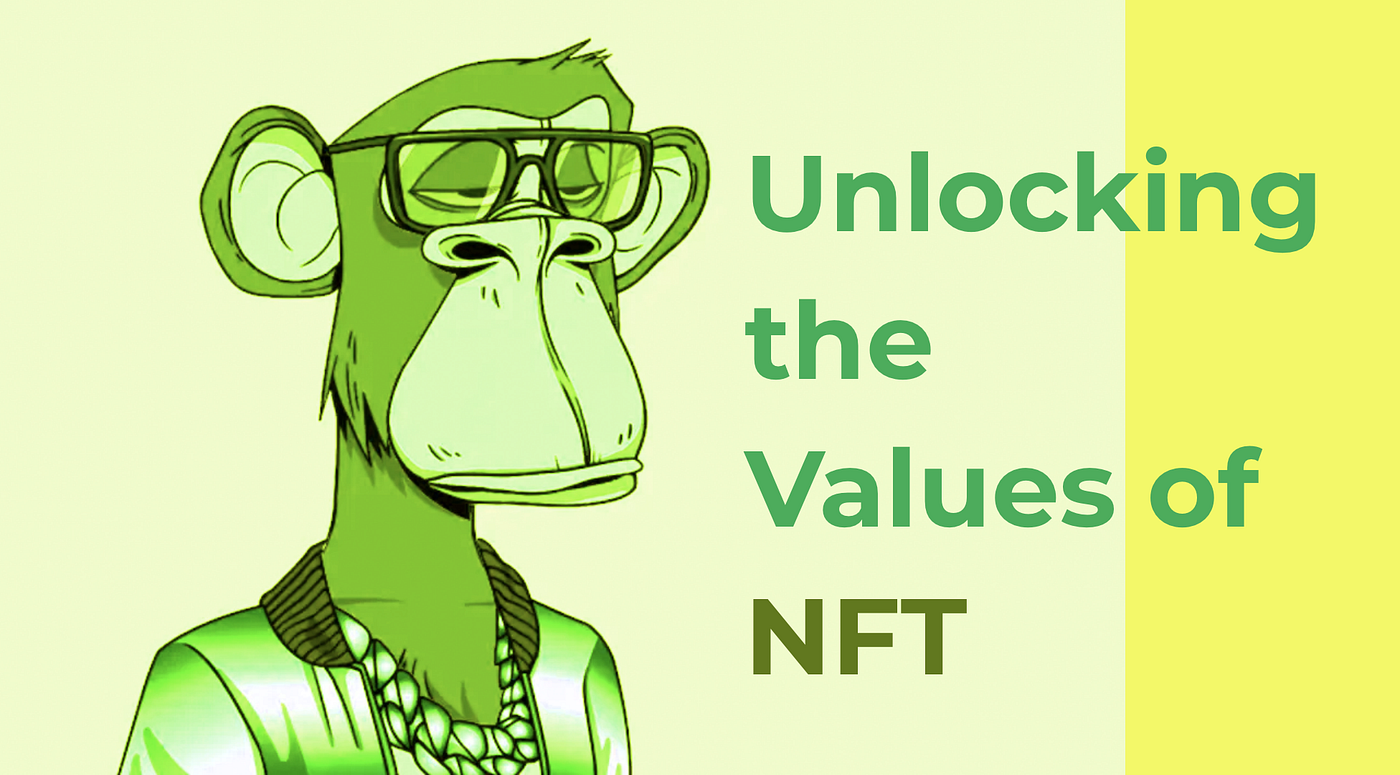
Crypto NFT (non-fungible token) marketplaces have become increasingly popular in recent years. These digital platforms allow creators to mint, buy, sell, and trade unique digital assets, such as artwork, music, and collectibles, using blockchain technology. While traditional marketplaces have been limited by geographical boundaries and intermediaries, crypto NFT marketplaces offer several advantages:
Global Accessibility: Unlike traditional art markets, crypto NFT marketplaces allow anyone with an internet connection to participate. It doesn't matter if you're in New York, Tokyo, or a remote village in Africa – as long as you have access to the internet, you can browse, buy, or sell NFTs.
Elimination of Intermediaries: Traditional art markets often involve intermediaries such as galleries, dealers, and auction houses, which can lead to high fees and a lack of transparency. Crypto NFT marketplaces eliminate the need for intermediaries, allowing creators to directly connect with collectors and receive a higher share of the proceeds.
Ownership and Authenticity: Blockchain technology ensures the authenticity and provenance of NFTs. Each token is unique and cannot be replicated or counterfeited, providing a secure and verifiable way to prove ownership. This is particularly valuable for digital artists, as it protects their work from being copied or plagiarized.
Secondary Market Opportunities: NFTs can be resold on the secondary market, allowing creators to earn royalties every time their token changes hands. This provides artists with ongoing revenue streams and incentivizes collectors to support emerging talent.
Increased Exposure and Discoverability: Crypto NFT marketplaces have a global user base, increasing the exposure and discoverability of artists' work. Creators can reach a wider audience and connect with potential collectors who may not have discovered their art through traditional channels.
Programmability and Smart Contracts: NFTs can contain smart contracts, allowing creators to add programmable functionality to their digital assets. This opens up new possibilities for interactive art, gamification, and unique user experiences.
In conclusion, the advantages of crypto NFT marketplaces are undeniable. They provide global accessibility, eliminate intermediaries, ensure ownership and authenticity, offer secondary market opportunities, increase exposure and discoverability, and enable programmable functionality. As these marketplaces continue to evolve, they are unlocking the value of digital assets and revolutionizing the way we buy, sell, and engage with art and collectibles.
The Rise of Digital Assets
In today's digital world, the concept of ownership is no longer limited to physical objects. With the rise of blockchain technology, digital assets have gained prominence and are revolutionizing the way we perceive and trade value.
Digital assets, also known as non-fungible tokens (NFTs), are unique and indivisible digital representations of real-world or virtual items. These can include pieces of art, collectibles, virtual real estate, music, videos, and more. Each digital asset is distinct and can be authenticated through blockchain technology, making it impossible to be replicated or tampered with.
The advantages of digital assets are numerous. Firstly, they provide artists and creators with a new monetization model, allowing them to directly sell their work to a global audience without needing intermediaries like galleries or auction houses. This empowers artists to retain more control and earn a fairer share of the profits.
Additionally, digital assets offer greater transparency and traceability compared to traditional physical assets. Every transaction made with a digital asset can be recorded on the blockchain, creating an immutable and transparent audit trail. This level of transparency reduces the risk of fraud and ensures the authenticity and provenance of the digital asset.
The Potential of Digital Asset Marketplaces
As the demand for digital assets continues to grow, dedicated digital asset marketplaces have emerged as platforms to buy, sell, and trade these unique items. These marketplaces act as a bridge between creators and buyers, providing a secure and user-friendly environment for transactions.
One of the biggest advantages of digital asset marketplaces is the ability to access a global audience. Unlike physical art galleries or local collectible markets, digital asset marketplaces are not limited by geographical boundaries. This opens up new opportunities for artists and collectors to connect with a diverse and international community of buyers and sellers.
Moreover, digital asset marketplaces often offer additional features that enhance the value and experience for both creators and buyers. These features can include personalized storefronts, social interaction functionalities, the ability to earn royalties from secondary sales, and more. With these tools, creators can build their brand and engage with their audience, while buyers can discover new artists, track their favorite collections, and engage in a vibrant community.
In conclusion, the rise of digital assets and the advent of dedicated digital asset marketplaces are shaping the future of ownership and value exchange. With their unique features, transparency, and global reach, digital assets offer exciting opportunities for creators, collectors, and investors alike. As the industry continues to evolve, it will be crucial to embrace the potential and explore the advantages of crypto NFT marketplaces.
Understanding NFTs
NFT, or Non-Fungible Token, is a type of digital asset that represents ownership or proof of authenticity of a unique item or piece of content on a blockchain. Unlike cryptocurrencies like Bitcoin or Ethereum, which are fungible and can be exchanged on a one-to-one basis, NFTs are unique and cannot be exchanged on a like-for-like basis.
NFTs are typically used to tokenize digital artworks, collectibles, virtual land, domain names, and other digital assets. Each NFT is assigned a unique identifier, which is stored on the blockchain, ensuring its authenticity and provable ownership. This makes NFTs valuable in the digital space, as they can't be replicated or tampered with.
Advantages of NFTs
1. Immutable Ownership: NFTs provide a transparent and immutable record of ownership, ensuring that the owner's rights are protected and cannot be disputed.
2. Royalty Mechanism: NFTs can incorporate smart contracts that automatically pay royalties to the original creator each time the NFT is sold or traded, providing ongoing revenue streams for artists.
3. Fractional Ownership: NFTs can be divided into smaller fractions, allowing multiple individuals to invest in a single high-value asset. This opens up investment opportunities and democratizes access to valuable digital assets.
4. Interoperability: NFTs can be bought, sold, and traded across different platforms and marketplaces, providing liquidity and a global reach for digital assets.
Use Cases for NFTs
1. Art and Collectibles: NFTs have gained immense popularity in the art world, allowing artists to tokenize and sell digital artworks as unique pieces. This provides a new revenue stream for artists and allows collectors to own and trade digital art.
2. Virtual Real Estate: NFTs can be used to represent ownership of virtual land or spaces in virtual reality worlds. This has created a market for buying, selling, and trading virtual real estate.
3. Gaming: NFTs can be used to tokenize in-game items, character skins, and other virtual assets in video games. This allows gamers to own and trade their virtual possessions outside of the game environment.
4. Music and Media: NFTs can be used to tokenize music, videos, and other digital media, allowing artists to sell their work directly to fans and retain more control over their creative output.
Overall, NFTs have revolutionized the way digital assets are valued, bought, and sold. They provide a unique opportunity to unlock the value of digital assets and create new possibilities for artists, collectors, and investors in the digital space.
The Power of Crypto NFT Marketplaces

As the world becomes increasingly digital, the value of digital assets has skyrocketed. Crypto NFT marketplaces have emerged as a powerful tool in unlocking and trading these assets. NFTs, or non-fungible tokens, represent unique digital assets that can be bought, sold, and traded on blockchain platforms.
One of the key advantages of crypto NFT marketplaces is their ability to authenticate and verify the ownership of digital assets. With blockchain technology, each NFT can be traced back to its original creator, providing a level of provenance and transparency that is unparalleled in traditional markets.
Furthermore, crypto NFT marketplaces provide a platform for creators to monetize their digital assets. Artists, musicians, and content creators can tokenize their creations and sell them directly to buyers, eliminating the need for intermediaries and allowing for greater control over their work.
Increased Liquidity
Another benefit of crypto NFT marketplaces is the increased liquidity they provide. Traditional assets, such as real estate or stocks, can be difficult to sell quickly. However, with NFTs, buyers and sellers can easily find each other on the marketplace, making transactions faster and more efficient.
The ability to fractionalize NFTs also adds to their liquidity. Unlike traditional assets, which are often sold as whole units, NFTs can be divided into smaller, more affordable pieces. This opens up the market to a wider range of buyers and allows for greater liquidity and trading volume.
Global Accessibility and Reach
One of the most significant advantages of crypto NFT marketplaces is their global accessibility. Digital assets can be bought and sold from anywhere in the world, and transactions can be completed in a matter of minutes. This opens up new opportunities for creators and investors, allowing them to reach a global audience and tap into previously untapped markets.
Additionally, crypto NFT marketplaces often operate 24/7, providing constant access to the market. Buyers and sellers can participate in the marketplace at any time, ensuring that assets can be bought and sold at any time of day.
In conclusion, crypto NFT marketplaces offer a range of advantages in unlocking the value of digital assets. From providing authentication and provenance to increasing liquidity and global accessibility, these marketplaces are revolutionizing the way we trade and interact with digital assets.
Enhanced Ownership and Authenticity
One of the key advantages of crypto NFT marketplaces is the enhanced ownership and authenticity they provide for digital assets. Unlike traditional digital files that can be easily copied and shared, NFTs use blockchain technology to create a unique and verifiable record of ownership.
By tokenizing digital assets, NFTs enable artists, creators, and collectors to prove the authenticity and provenance of their works. This creates a sense of scarcity and exclusivity, as each NFT represents a one-of-a-kind item.
When a digital asset is minted as an NFT and sold on a crypto NFT marketplace, the blockchain records the transaction and the ownership of the asset. This transparent and immutable ledger ensures that the ownership of the asset can be traced back to the original creator.
Additionally, crypto NFT marketplaces often include features such as digital signatures or certificates of authenticity, further enhancing the provenance and value of the digital assets.
For example, BLUR.IO, a popular crypto NFT marketplace, provides users with a secure and easy way to buy, sell, and trade NFTs. The platform utilizes advanced encryption algorithms and decentralized storage to ensure the integrity and security of digital assets.
Overall, the enhanced ownership and authenticity offered by crypto NFT marketplaces make them an attractive option for artists, collectors, and investors looking to monetize and protect their digital assets.
New Opportunities for Artists and Creators
The emergence of crypto NFT marketplaces has opened up exciting new opportunities for artists and creators. These platforms allow them to showcase and sell their digital assets in a unique and decentralized way. Traditionally, artists and creators have had to rely on galleries or online platforms to reach their audience and monetize their work. However, crypto NFT marketplaces provide a direct connection between artists and collectors, eliminating intermediaries and enabling artists to retain more control and ownership over their creations.
One of the key advantages of crypto NFT marketplaces is the ability to tokenize digital assets. Artists and creators can convert their work into NFTs (Non-Fungible Tokens) which are unique and indivisible tokens that represent ownership of a specific digital item. This allows artists to prove the authenticity and scarcity of their work, making it more valuable and desirable to collectors. Additionally, artists can include special features or rights with their NFTs, such as access to exclusive content or future royalties, adding another layer of value.
Furthermore, crypto NFT marketplaces provide a global audience for artists and creators. Unlike traditional art platforms, which are often limited to certain geographical regions, crypto NFT marketplaces are accessible to anyone with an internet connection. This opens up a world of opportunities for artists to reach new collectors and buyers from all over the globe. Additionally, the transparent and immutable nature of blockchain technology ensures that every transaction and ownership transfer is recorded, making it easier for artists to establish their reputation and build trust with their audience.
Another exciting aspect of crypto NFT marketplaces is the potential for secondary sales and royalties. Unlike traditional art sales, where artists often do not receive any compensation when their work is resold, NFTs can be programmed to include royalties that are automatically paid to the original creator every time the token is sold. This allows artists to continue to benefit from the appreciation and value of their work even after the initial sale. Additionally, the transparent nature of blockchain technology ensures that artists can easily track and verify their royalties, providing them with a fair and transparent revenue stream.
In conclusion, crypto NFT marketplaces offer a wide range of new opportunities for artists and creators. From the ability to tokenize and prove the authenticity of their work, to reaching a global audience and benefiting from secondary sales and royalties, these platforms are revolutionizing the way artists monetize and showcase their digital assets. As the popularity of crypto NFTs continues to grow, it is clear that the advantages of these marketplaces will provide long-lasting benefits for artists and creators in the digital age.
Global Access and Exposure
In today's digital world, one of the main advantages of crypto NFT marketplaces is their ability to provide global access and exposure to artists and collectors. Traditional art markets have often been limited by geographic boundaries, making it difficult for artists to gain recognition and reach a wider audience.
However, with crypto NFT marketplaces, artists can showcase their digital assets to a global audience without any limitations. These marketplaces are accessible to anyone with an internet connection, allowing artists to break free from the constraints of physical location.
Through crypto NFT marketplaces, artists have the opportunity to gain exposure to a much larger audience than they would in traditional art markets. This exposure can lead to increased recognition and potentially higher sales for their digital assets.
Reaching a Diverse Community
Furthermore, crypto NFT marketplaces attract a diverse community of artists and collectors from around the world. This diversity brings together individuals with different backgrounds, perspectives, and tastes, creating a vibrant and dynamic marketplace.
Artists can benefit from this diverse community by gaining new insights and ideas, as well as collaborating with other artists from different cultures and artistic backgrounds. Collectors also benefit from the diversity of the marketplace, as they have access to a wide range of unique and innovative digital assets.
Removing Intermediaries and Costs

In addition to global access and exposure, crypto NFT marketplaces also offer the advantage of removing intermediaries and reducing costs. In traditional art markets, artists often have to rely on galleries, agents, and brokers to showcase and sell their work. These intermediaries can take a significant portion of the sales revenue as commission fees.
With crypto NFT marketplaces, artists can directly sell their digital assets to collectors, eliminating the need for intermediaries and reducing overhead costs. This allows artists to retain more control over their work and generate higher profits from their sales.
Overall, the global access and exposure provided by crypto NFT marketplaces offer artists the opportunity to expand their reach, connect with a diverse community, and bypass traditional intermediaries, resulting in increased recognition, sales, and profitability.
Efficient and Transparent Transactions
Crypto NFT marketplaces offer efficient and transparent transactions for digital assets. Unlike traditional marketplaces, which require multiple intermediaries and lengthy processing times, crypto NFT marketplaces enable direct peer-to-peer transactions. This eliminates the need for middlemen and reduces transaction costs.
Furthermore, transactions on crypto NFT marketplaces are recorded on a public blockchain, making them transparent and verifiable. Every transaction is permanently stored on the blockchain, providing a clear and immutable history of ownership and provenance. This ensures that buyers can confidently authenticate the digital assets they are purchasing.
In addition to transparency, crypto NFT marketplaces are also highly efficient. The use of blockchain technology allows for instant and secure transactions, eliminating the need for time-consuming verification processes. This means that buyers can quickly acquire the digital assets they desire and sellers can receive immediate payment.
Overall, the efficient and transparent nature of transactions on crypto NFT marketplaces enables a seamless and trustworthy experience for buyers and sellers. It empowers individuals to confidently navigate and participate in the digital asset market, unlocking the value of their assets.
Creating a Marketplace for Collectibles
In today's digital world, the concept of collectibles has expanded beyond physical objects. With the rise of crypto NFTs, individuals can now own and trade unique digital assets that hold value and scarcity. To facilitate the buying and selling of these digital collectibles, marketplaces dedicated to crypto NFTs have emerged.
One such marketplace that is gaining popularity is Wallet Connect. This platform allows collectors and artists to connect directly and trade their digital assets securely. Wallet Connect utilizes blockchain technology to ensure transparency and immutability in every transaction.
Advantages of a Dedicated NFT Marketplace
Having a dedicated marketplace for collectibles brings several advantages to both collectors and artists:
Increased Exposure: By participating in a marketplace specifically designed for NFTs, artists can showcase their work to a targeted audience of collectors who are actively seeking unique digital assets.
Easy Trade Process: A dedicated marketplace streamlines the buying and selling process for both collectors and artists. With clear guidelines, secure transactions, and transparent ownership records, participants can easily navigate the platform and complete trades with confidence.
Community Building: Through a dedicated marketplace, collectors and artists can interact, collaborate, and build a supportive community. This fosters a vibrant ecosystem where ideas are shared, feedback is given, and new opportunities arise.
Discoverability: Marketplaces provide various search and filtering options to help collectors discover new artists and unique digital assets. This promotes diversity and inclusivity in the NFT space, ensuring that valuable creations from lesser-known artists can also gain recognition.
As the crypto NFT market continues to grow, having a dedicated marketplace for collectibles becomes essential. Not only does it provide a centralized hub for buying and selling digital assets, but it also fosters an environment where artists and collectors can thrive. Platforms like Wallet Connect play a vital role in unlocking the value of digital assets and transforming the way we perceive and interact with collectibles in the digital age.
Expanding to Digital Real Estate
As the world becomes increasingly digital, the concept of real estate is expanding to include virtual spaces. Digital real estate refers to online properties that can be bought, sold, and developed much like physical real estate. These digital properties can take the form of virtual worlds, metaverses, and virtual reality environments.
The advantages of investing in digital real estate are numerous. Firstly, digital real estate allows for the ownership and monetization of unique virtual assets. Just like physical real estate, digital properties can appreciate in value over time, providing a potential return on investment. Additionally, digital real estate provides opportunities for passive income through virtual business ventures, advertising, and sponsorship agreements.
Virtual Worlds and Metaverses
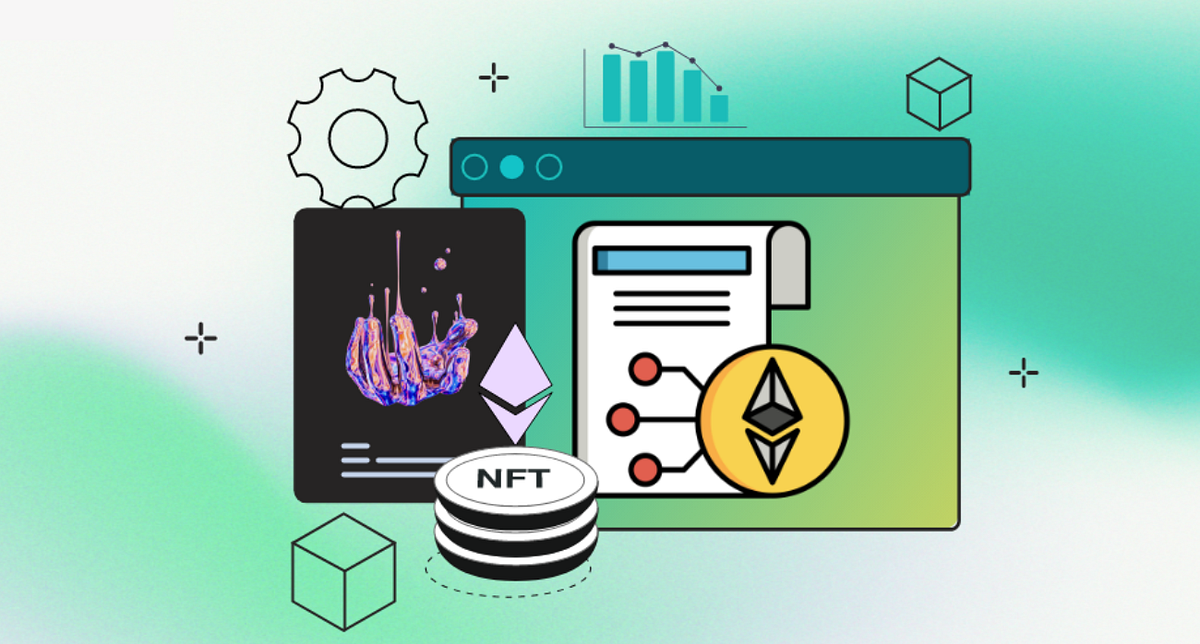
Virtual worlds and metaverses are immersive online environments where users can interact with each other and the digital space. These digital realms offer unique experiences and opportunities for users, such as building and designing virtual properties, attending virtual events, and engaging in virtual economies.
Investing in virtual worlds and metaverses allows individuals to acquire and develop virtual land, create and sell digital assets, and participate in virtual communities. Digital real estate in these virtual spaces can have significant value, with some users selling virtual properties for substantial amounts of money.
Virtual Reality Environments
Virtual reality (VR) environments are fully immersive digital spaces that can be experienced through VR headsets. These environments allow users to interact with a computer-generated world as if they were physically present in it. Virtual reality is becoming increasingly popular for gaming, socializing, and exploring new and unique experiences.
Investing in digital real estate within virtual reality environments involves acquiring and developing virtual spaces, creating and selling virtual products, and participating in VR-based events and experiences. Virtual reality real estate presents exciting opportunities for businesses, artists, and individuals looking to engage with a new and rapidly expanding market.
In conclusion, expanding to digital real estate opens up a world of opportunities for individuals and businesses alike. Digital properties in virtual worlds, metaverses, and virtual reality environments offer the potential for ownership, monetization, and unique experiences. Investing in digital real estate may prove to be a lucrative and exciting venture in the increasingly digital world we live in.
Investing in Digital Assets
As the popularity of digital assets continues to grow, many investors are starting to see the potential for significant returns in this new market. Investing in digital assets, such as cryptocurrencies and non-fungible tokens (NFTs), can offer several advantages over traditional investments.
1. Diversification
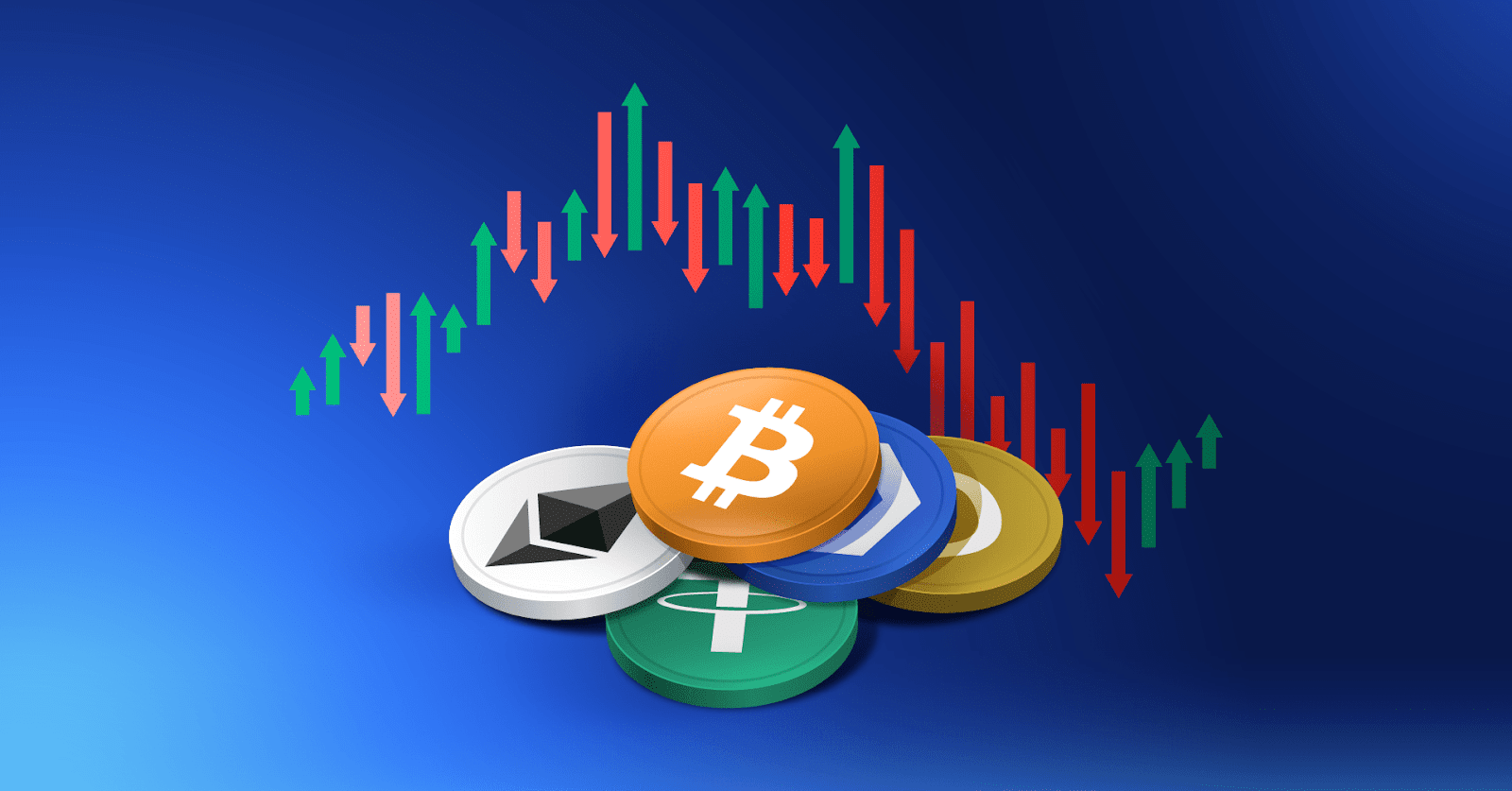
One major advantage of investing in digital assets is the ability to diversify your portfolio. Traditional investments typically consist of stocks, bonds, and real estate, but digital assets offer a new and exciting way to diversify. By investing in different types of digital assets, you can spread your risk and potentially increase your returns.
For example, you can invest in a variety of cryptocurrencies, such as Bitcoin, Ethereum, and Litecoin, as well as NFTs representing artwork, collectibles, or even virtual real estate. This diversification can help protect your investment against market volatility and provide opportunities for growth.
2. Access to Global Markets
Investing in digital assets also gives you access to global markets. Unlike traditional investments that may be limited to specific countries or regions, digital assets can be traded and accessed worldwide. This allows investors to take advantage of opportunities in different markets and potentially benefit from international growth.
For example, cryptocurrencies can be bought and sold on global exchanges, making it easy to invest in assets from different countries. Additionally, NFTs can be created and sold on various platforms, allowing investors to participate in the global market for digital collectibles and artwork.
3. Potential for Higher Returns
Digital assets have the potential for higher returns compared to traditional investments. The market for cryptocurrencies and NFTs is still relatively new and rapidly evolving, which means there is a greater chance for growth and potential profits.
For example, many early investors in Bitcoin became millionaires as the value of the cryptocurrency skyrocketed. Similarly, some NFTs have sold for millions of dollars, providing significant returns for those who invested in them early.
However, it is important to note that investing in digital assets also comes with risks. The market can be highly volatile, and prices can fluctuate dramatically. It is crucial to carefully research and evaluate each investment opportunity before committing funds.
Conclusion
Investing in digital assets can offer several advantages, including diversification, access to global markets, and the potential for higher returns. However, it is important to approach digital asset investments with caution and conduct thorough research. By understanding the market and carefully selecting investments, investors can unlock the value of digital assets and potentially capitalize on this exciting new market.
Diversification of Investment Portfolio
One of the key advantages of crypto NFT marketplaces is the ability to diversify your investment portfolio. Traditionally, investors have relied on stocks, bonds, and real estate to diversify their investments across different asset classes. However, the emergence of digital assets and NFTs has opened up a whole new world of investment opportunities.
By investing in crypto NFTs, you can add a unique and non-correlated asset class to your investment portfolio. Unlike traditional assets, NFTs represent ownership of digital content, such as art, music, collectibles, and virtual real estate. This allows you to spread your investment risk across different types of assets.
Furthermore, investing in crypto NFTs can provide exposure to niche markets that may have high growth potential. For example, the art world has seen a significant rise in the popularity of digital art, and NFTs have become a way for artists to monetize their creations. By investing in NFT art, you can tap into this growing market and potentially benefit from its future growth.
Another advantage of diversifying your investment portfolio with crypto NFTs is the potential for high returns. Since NFTs are a relatively new asset class, they may offer opportunities for significant price appreciation. For example, some NFT artworks have sold for millions of dollars, providing substantial returns for early investors.
However, it's important to note that investing in crypto NFTs comes with its own set of risks. The market can be highly volatile, and there is a lack of regulation and oversight compared to traditional markets. Therefore, it's crucial to do thorough research and due diligence before making any investment decisions.
In conclusion, diversifying your investment portfolio with crypto NFTs can offer several advantages, including exposure to unique asset classes, high growth potential, and the potential for high returns. However, it's essential to approach this market with caution and conduct proper research to mitigate risks.
Potential for Higher Returns
One of the key advantages of crypto NFT marketplaces is the potential for higher returns compared to traditional asset markets. This is due to a few factors:
1. Increased Liquidity:
Crypto NFT marketplaces provide increased liquidity compared to traditional markets. This means that sellers can easily find buyers for their digital assets, allowing them to sell their NFTs quickly and at a fair price. This increased liquidity can lead to higher returns as sellers have more opportunities to find buyers who are willing to pay a premium for unique digital assets.
2. Global Audience:
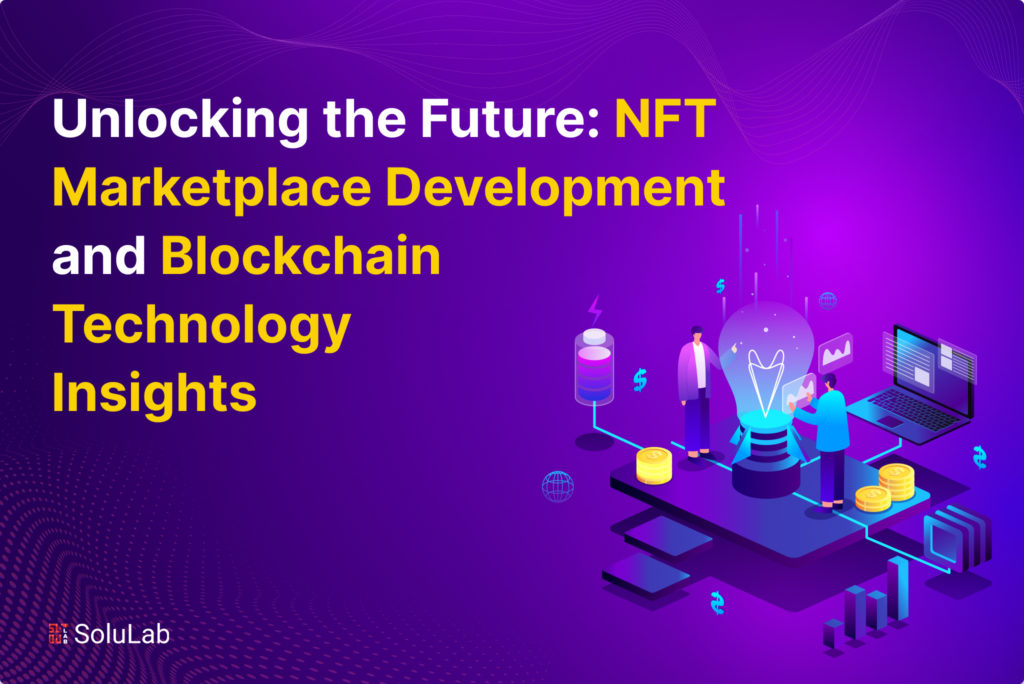
Crypto NFT marketplaces have a global audience, allowing sellers to reach a larger pool of potential buyers. This global reach can create more demand for NFTs, increasing the likelihood of higher returns. Additionally, the global nature of the marketplace means that sellers can target niche markets or specific communities that have a strong interest in certain types of digital assets, further increasing the potential for higher returns.
3. Price Discovery:
In traditional markets, the value of assets is often determined by a centralized authority or market maker. However, in crypto NFT marketplaces, the value of assets is determined by the open market. This allows for price discovery, where buyers and sellers can negotiate and determine the fair value of a digital asset. This price discovery process can lead to higher returns for sellers who are able to accurately assess the value of their NFTs and price them accordingly.
In conclusion, crypto NFT marketplaces offer the potential for higher returns compared to traditional asset markets due to increased liquidity, a global audience, and a decentralized price discovery process. Sellers in these marketplaces have the opportunity to sell their digital assets quickly and at fair prices, reaching a larger pool of potential buyers, and benefiting from a market-driven valuation process. Overall, these advantages make crypto NFT marketplaces an attractive option for individuals looking to unlock the value of their digital assets.
Long-Term Growth Potential
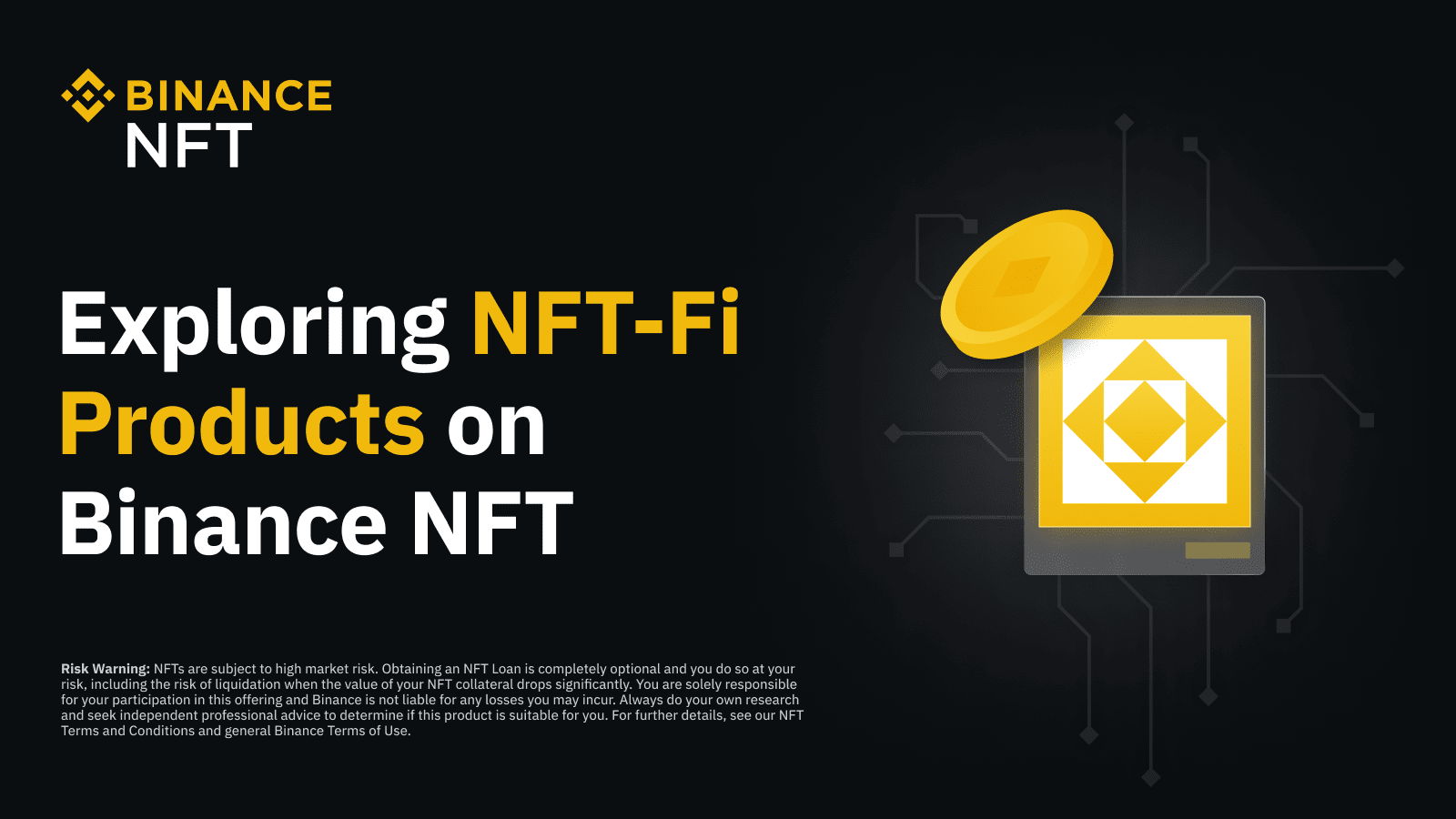
The crypto NFT marketplaces have immense long-term growth potential due to several key factors.
First, the increasing adoption of blockchain technology is driving the popularity of NFTs. As more individuals and businesses become familiar with blockchain and its potential applications, the demand for NFTs is expected to continue growing.
Second, digital assets are becoming increasingly mainstream. Collectibles, artworks, and virtual real estate are gaining recognition as valuable assets, and NFTs provide a secure and efficient way to trade and transfer ownership of these assets.
Third, the decentralized nature of crypto NFT marketplaces offers benefits such as increased transparency, immutability, and ownership verification. These features make NFTs a desirable option for both creators and buyers, further fueling the growth of the marketplaces.
Adoption of blockchain technology
Increased demand for NFTs
Mainstream recognition of digital assets
Efficient trading and ownership transfer
Decentralization of marketplaces
Transparency and ownership verification
As the market continues to evolve and mature, the potential for long-term growth in the crypto NFT marketplaces is substantial. However, it is essential for market participants to navigate regulatory challenges and ensure the protection of intellectual property rights to sustain the growth and ensure the longevity of the market.
The Future of Digital Assets
In today's digital age, the value of digital assets has become increasingly important. As technology continues to evolve, so too does the potential of these assets. In this article, we will explore the future of digital assets and how they are poised to shape our world.
1. Increased Accessibility
One of the key advantages of digital assets is their accessibility. Unlike physical assets, such as real estate or art, digital assets can be easily accessed and traded by anyone with an internet connection. This opens up new opportunities for individuals around the world, regardless of their location or financial status. As technology continues to advance, we can expect digital assets to become even more accessible, empowering individuals to participate in the global economy.
2. Enhanced Transparency
Digital assets are built on blockchain technology, which provides a level of transparency that is unparalleled in traditional financial systems. Every transaction and ownership transfer is recorded on a public ledger, adding a layer of trust and accountability to digital asset transactions. This transparency can help prevent fraud and manipulation while ensuring that all parties involved in a transaction have a clear understanding of its history.
3. Tokenization of Real-World Assets
As digital assets continue to gain popularity, we can expect to see more traditional assets being tokenized. Tokenization involves converting real-world assets, such as real estate, artwork, or even intellectual property, into digital tokens that can be easily bought, sold, and traded on the blockchain. This opens up new possibilities for fractional ownership, liquidity, and increased market efficiency.
4. Integration with DeFi
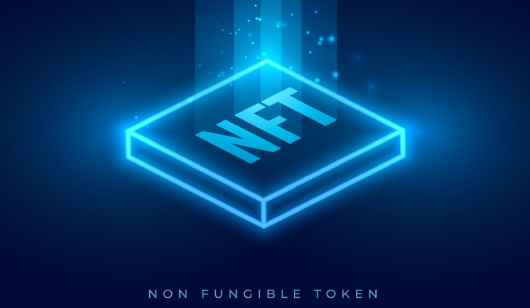
The rise of decentralized finance (DeFi) has been a significant trend in the cryptocurrency space. DeFi protocols allow users to lend, borrow, and earn interest on their digital assets without the need for intermediaries. As digital assets become more mainstream, we can expect to see increased integration between digital assets and DeFi protocols, creating new opportunities for individuals to earn passive income and participate in the global financial system.
5. Innovation and New Opportunities
As the technology underlying digital assets continues to evolve, we can expect to see new innovations and opportunities emerge. From improved security measures to decentralized marketplaces, the potential for growth and advancement in the digital asset space is immense. Entrepreneurs and developers are continuously pushing the boundaries and developing new solutions that unlock the value of digital assets in ways we haven't even imagined yet.
In conclusion, the future of digital assets is full of exciting possibilities. Increased accessibility, enhanced transparency, tokenization of real-world assets, integration with DeFi, and ongoing innovation are just a few factors that will shape the landscape of digital assets. As we move forward in this digital age, it's important to stay informed and seize the opportunities that arise from this rapidly evolving industry.
What are crypto NFT marketplaces?
Crypto NFT marketplaces are online platforms where users can buy, sell, and trade non-fungible tokens (NFTs). NFTs are unique digital assets that are stored on the blockchain and typically represent ownership of a specific digital item or piece of content.
What are the advantages of using crypto NFT marketplaces?
There are several advantages of using crypto NFT marketplaces. Firstly, these marketplaces provide a global platform for artists, creators, and collectors to showcase and monetize their digital assets. Secondly, they offer a secure and transparent way to transfer ownership of digital items, as all transactions are recorded on the blockchain. Additionally, crypto NFT marketplaces introduce liquidity to the digital asset market by allowing users to easily buy and sell NFTs.
How can artists benefit from crypto NFT marketplaces?
Artists can benefit from crypto NFT marketplaces in several ways. Firstly, they can reach a global audience and gain exposure for their artwork. Secondly, artists can retain control over their work and earn royalties whenever their NFTs are sold or traded. This provides a recurring source of income, which can be particularly advantageous for emerging artists. Additionally, crypto NFT marketplaces eliminate the need for intermediaries, allowing artists to directly connect with buyers and collectors.
What are some popular crypto NFT marketplaces?
There are several popular crypto NFT marketplaces, including OpenSea, Rarible, SuperRare, and NBA Top Shot. OpenSea is currently the largest NFT marketplace, offering a wide range of digital assets across various categories. Rarible allows users to create and sell their own NFTs. SuperRare focuses on unique and limited-edition digital artworks. NBA Top Shot is an NFT marketplace specifically for basketball-related digital collectibles.
Are there any risks associated with using crypto NFT marketplaces?
While crypto NFT marketplaces offer many advantages, there are also some risks involved. One risk is the potential for scams or counterfeit NFTs. Users should be cautious and verify the authenticity of the digital assets they are buying. Another risk is the volatility of the crypto market, as the value of NFTs can fluctuate dramatically. Additionally, there may be legal and regulatory uncertainties surrounding NFTs, which could impact their long-term value and ownership rights.
What are crypto NFT marketplaces?
Crypto NFT marketplaces are online platforms where users can buy, sell, and trade non-fungible tokens (NFTs). These marketplaces utilize blockchain technology to enable transparent and secure transactions for digital assets.
How do crypto NFT marketplaces unlock the value of digital assets?
Crypto NFT marketplaces unlock the value of digital assets by creating a marketplace where artists, creators, and collectors can easily buy, sell, and trade NFTs. This allows for the monetization of digital assets that were previously difficult to value and sell.
What are the advantages of crypto NFT marketplaces?
Crypto NFT marketplaces offer several advantages. Firstly, they provide a global platform for artists and creators to showcase and sell their digital works without the need for intermediaries. Secondly, they allow for the fractional ownership of digital assets, enabling investors to invest in shares of high-value NFTs. Finally, these marketplaces provide transparency and security through the use of blockchain technology.
Blur: NFT | Blur: NFT login | Blur: NFT connect | WalletConnect | Traders | What Is Blur Crypto
2022-2024 @ Unlocking the value of digital assets exploring the advantages of crypto nft marketplaces